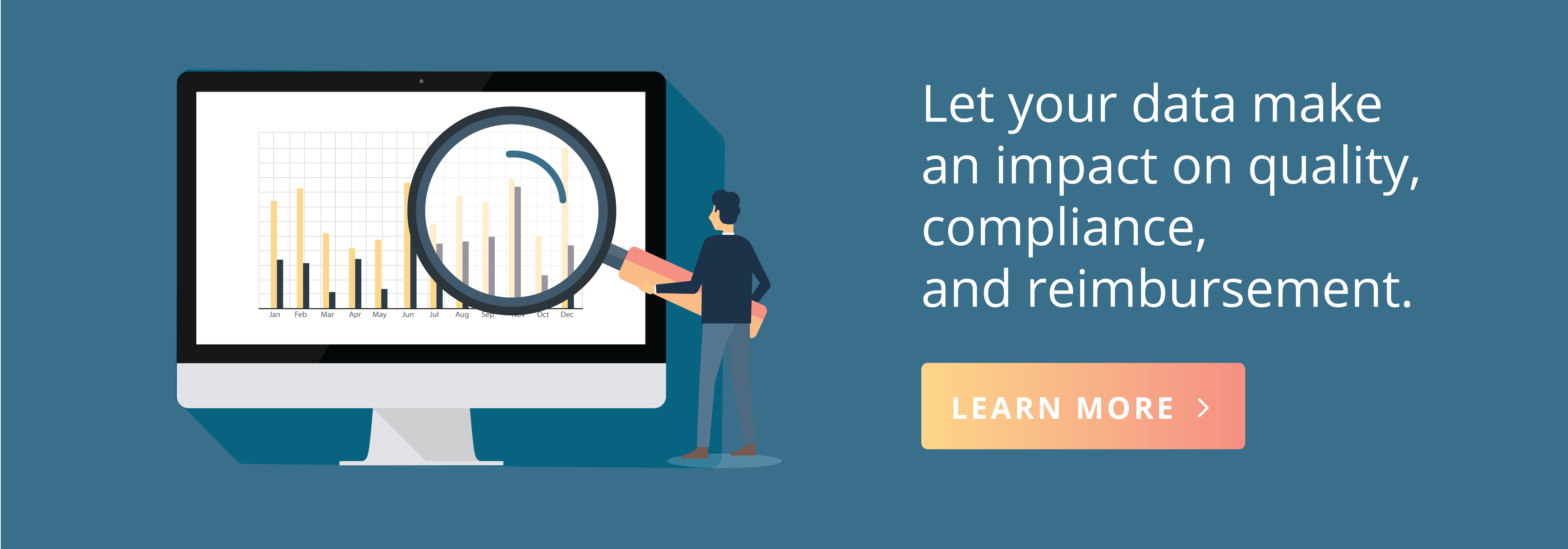One of the most rewarding aspects of working at Activate Care is that we get to see the real impact of our technology and services in communities across the country. We are committed to supporting communities doing this important work with our Activate CareHub™ platform, which encompasses SDOH care coordination tools, community referral management across social services, as well as my domain of expertise - analytics and reporting.
Understandably, the goal of many of our customers is to increase reimbursement for health and social care activities. One of our customers is a provider of Long-Term Services & Supports (LTSS), and a key operating metric for them is to understand which patients in their monthly panel are eligible for billing, and which are not eligible, and why. Using business intelligence from Activate Care, they can change operations to increase reimbursement. Analytics serves a critical role in helping you grow your organization's top-line revenues and bottom-line results.
We know this analytical insight is also imperative to impact healthcare spending. It's our job to ensure we provide this data to you in a usable format, to help our partners demonstrate their real-world impact. We can also tie this reporting to the interventions taking place via our Activate CareHub™ platform, and over time this has helped to advance the field and move forward the scientific literature in SDOH and complex care. Analytical capabilities have the power to help change outcomes for people living with complex health and social needs.
SOME OF THE RESEARCH LITERATURE SUPPORTED BY ACTIVATE CARE®
Operational Benefits of Analytics & Reporting in SDOH Care
By going beyond the financial numbers, our analytics and reporting capabilities help SDOH care leaders continuously improve the effectiveness and impact of their operating models. For example, one of our customers in California works with a number of stakeholders to improve care and services for their homeless population. Their process necessarily includes data-sharing and quality assurance between organizations - a time-intensive and duplicative process. We're working to help them fix this.
In other communities, local networks have evolved that closely connect and align healthcare providers with their partners in social services and community-based organizations. Analytics and reporting can play a role in improving the strength of these networks and the quality of their outcomes. For example, we know that these efforts to blend health and social care networks typically result in increased referral volumes to social services organizations.
Our platform is designed to help the participating social services organizations measure and understand where that growth is coming from, which referrals they’re getting, as well as which referrals are resulting in action in the platform. Each referral process results in useful data at every step along the way, which, when aggregated, becomes impactful data that can help SDOH care leaders drive the work forward.
